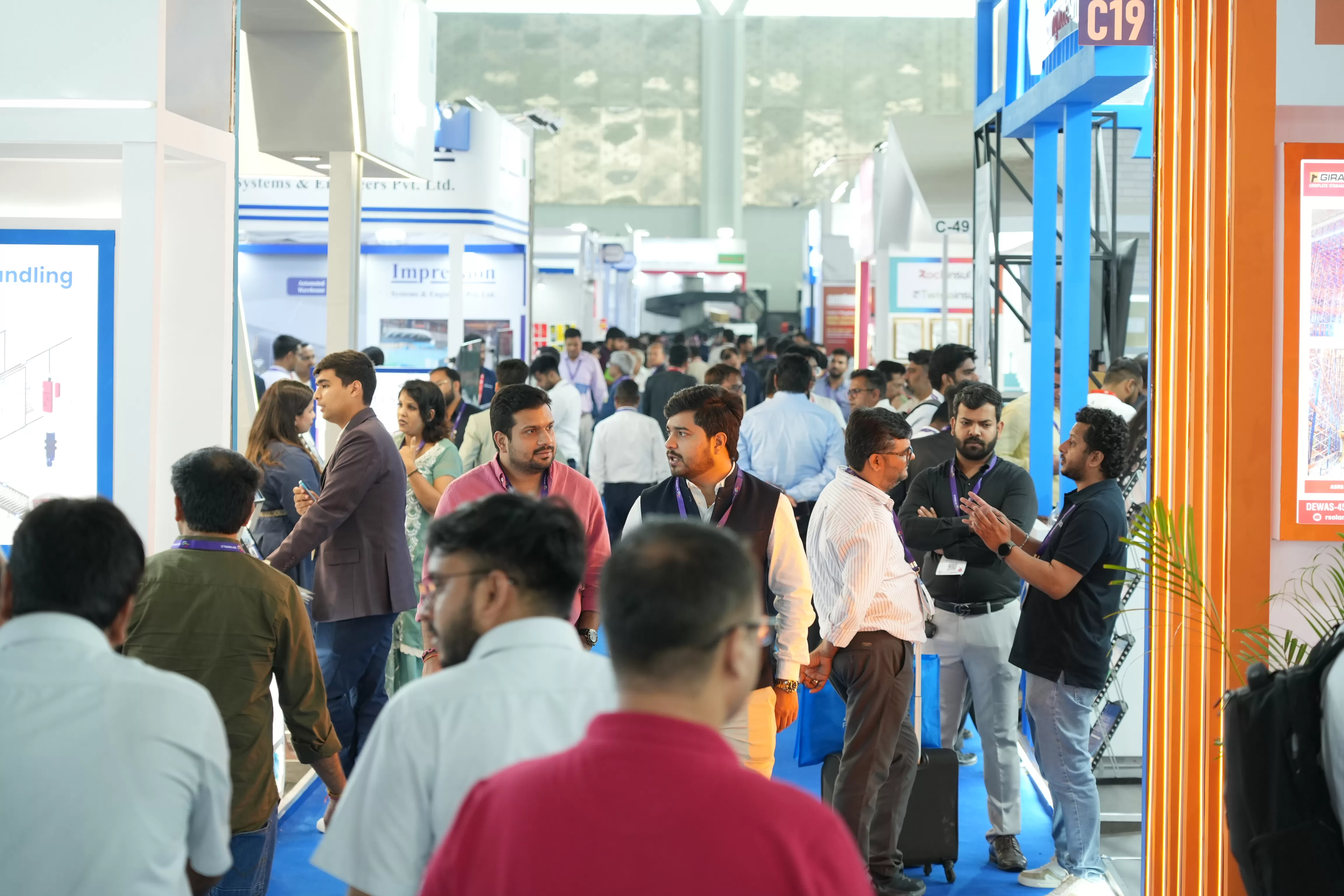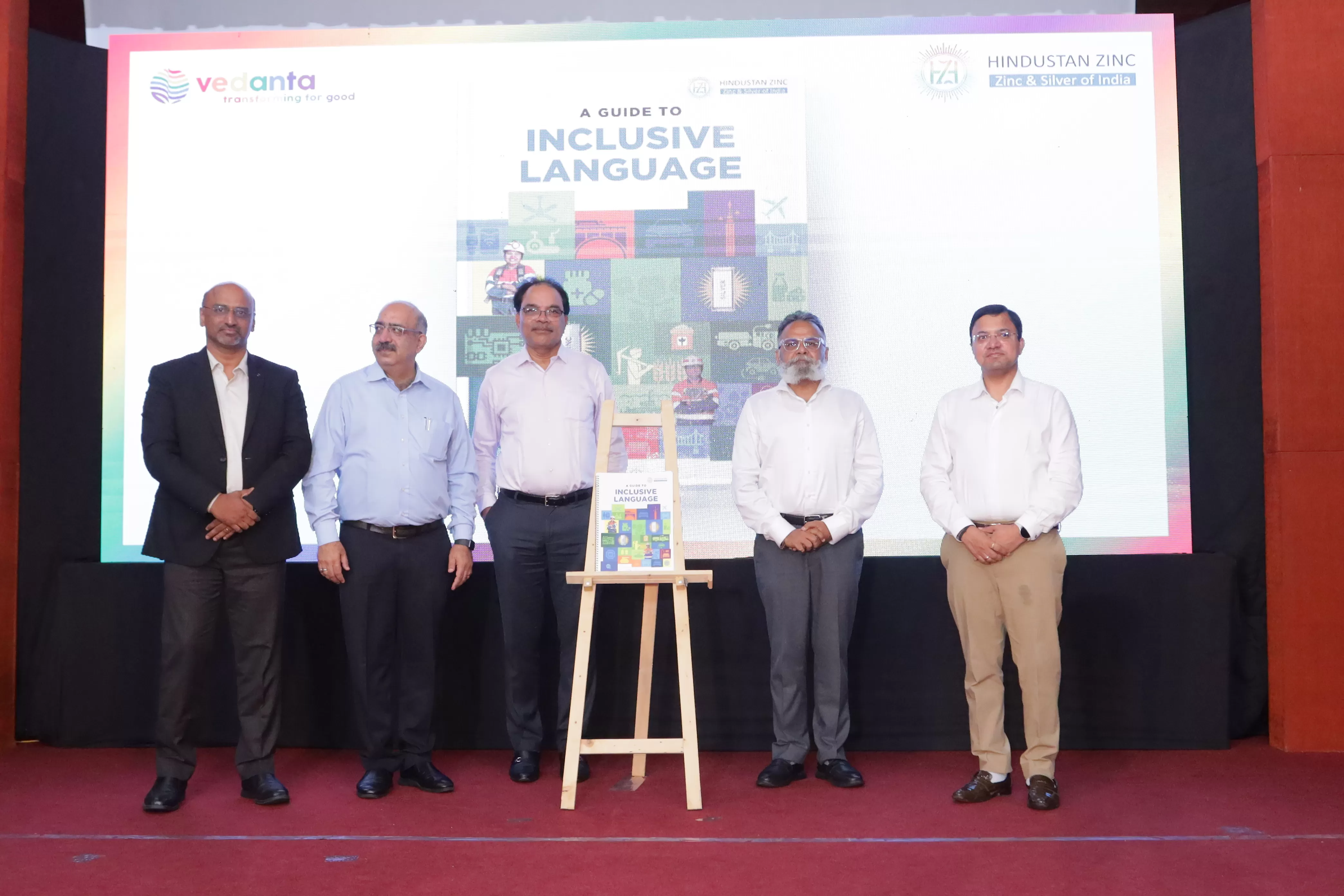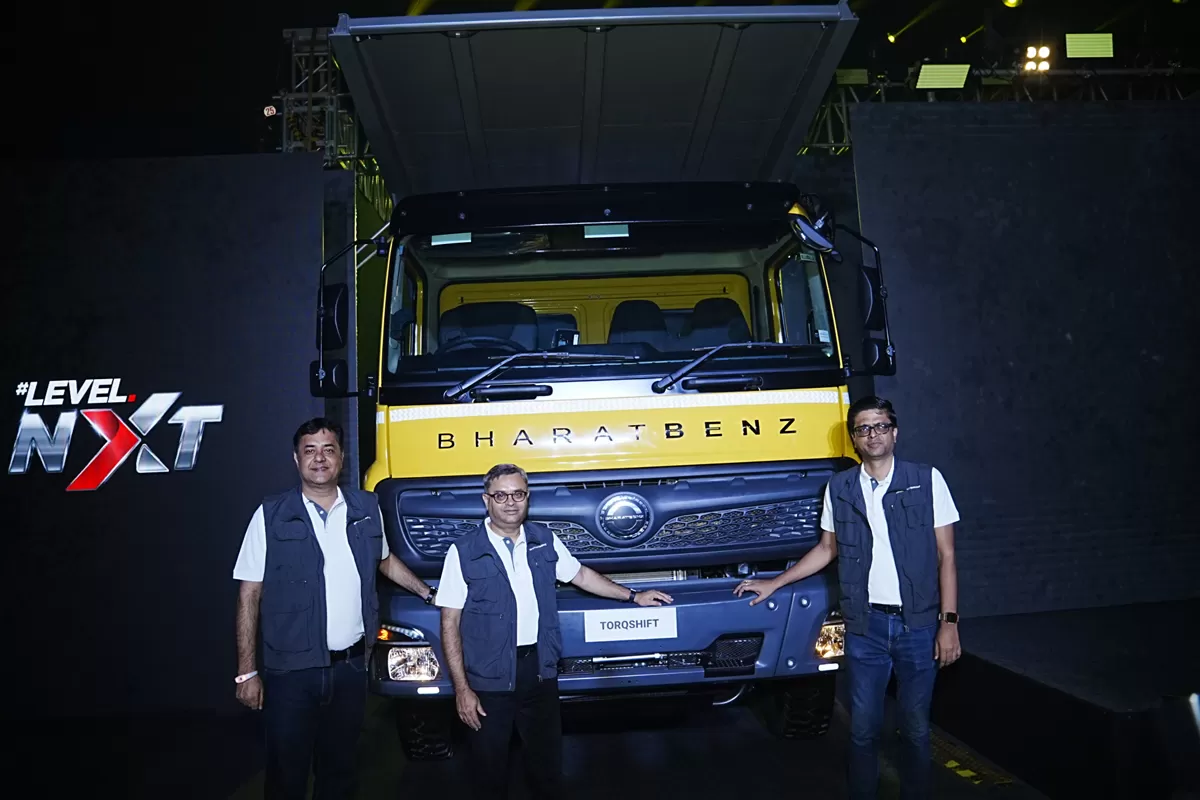- Soungeun Kim, Korean Consul General in Mumbai
Last year, India and South Korea signed seven bilateral agreements, which included cooperation in the fields of electric power development, new energy industries and road transport and highways. Both countries also agreed to upgrade their ties to a special strategic partnership. Also, recently, the Minister of Trade, Industry and Energy of South Korea remarked that it was time to enhance institutional foundations by upgrading the Comprehensive Economic Partnership Agreement to provide better access for the Indian service industry, such as IT, in South Korea.
SHRIYAL SETHUMADHAVAN met Soungeun Kim, Korean Consul General in Mumbai, to get an update on India-Korea relations. Excerpts from the meeting...
You recently met the Gujarat Chief Minister to explore the state´s cooperation with Korean companies. Tell us more about the meeting.
When I visited Gujarat for the first time, Anandiben Patel was the chief minister, and our discussion back then focused on ways to enhance bilateral operations, especially in the field of economy. This year, I met her successor Vijay Rupani with a similar agenda. Posco, the world-famous steel maker, is the first Korean company to invest in Gujarat. And now, LG Chemicals is trying to invest in the state in Dahej. Apart from this, recently, several Korean companies have been eyeing the state, which is famous for its ranking of doing business in India during the administration of Prime Minister Narendra Modi when he was the state´s chief minister. He certainly paved the way for foreign investments in the state. We have also discussed ways to cooperate during the Vibrant Gujarat Summit, which is held every other years.
With which approach are Korean companies coming to India?
Besides Korean companies, there are also Koreans who work for Indian companies. For example, the Korean Electricity Company has been trying to share its expertise and technology on how to run the electricity, the best way of distribution to factories, households, etc. So, Korean technicians have been joining the management to offer various techniques.
Apart from Gujarat, which other states are attracting Korean companies?
At present, Korean companies have three major destinations: Gurgaon near Delhi, Chennai and Pune. While Mumbai is a good destination for service, logistics, and finance, Pune takes the lead for the manufacturing industry.
India´s Prime Minister has been working to improve foreign relations. What impact has this had on relations between India and Korea?
Last year in May, Narendra Modi made a state visit to Korea. At that time, the leaders of both countries agreed on a $ 10 billion financial package. The relevant Ministries from both countries are negotiating on which sectors they will use the money on; for instance, smart cities, infrastructure, etc. I know Finance Minister Arun Jaitley is planning to visit Korea to discuss this with his counterpart. Korean and Indian companies can cooperate with each other by forming a consortium to implement promising projects. In the process, I can play a role for both sides-by providing good information to the Korean side and introducing Korean companies to Indian companies. In several instances, Korean companies have stopped cooperating with Indian companies owing to the high debt ratio. But there have also been some exceptions with companies such as L&T, Shapoorji Pallonji and Punj Lloyd being financially strong. Recently, Korea Land & Housing Cooperation signed an MoU with the Maharashtra government. And now, the Korean Ministry of Land, Infrastructure and Transport is trying to sign an MoU with the state, based on which we will be able to identify promising projects for mutual benefit. Examples here would be smart cities in Nagpur, Pune and Navi Mumbai and town development in BKC. However, Korean companies are facing some challenges with several projects in Maharashtra; a major one is land acquisition.
How can India´s historic engagement with the Middle East and African market be a bridge for Korean businesses to penetrate these markets?
Korea did advance through the North Africa and the Middle East, called the MENA region in the 1970s. By the end of the 1980s, Korea had the strongest competiveness in the construction area; the companies would abide with deadlines with limited projects and, hence, were most welcomed by Middle East governments. But companies have started losing their price competiveness because of an increase in the wages of workers in Korea. And this is where Indian companies have started replacing Korea and have the strongest competiveness in the Middle East. In spite of that, Korean companies are still interested in certain areas. So, if Korean companies form an alliance with Indian companies, together they can successfully advance to the African and sub-Sahara African countries, especially eastern African ones. While Korea will offer the technology, India will provide cheap, good quality and abundant manpower.
How can South Korea be a reliable partner to modernise India´s physical and social infrastructure?
There are some aspects to be considered in sewage water treatment and solid waste management projects. First is price competiveness; second, economic stability. This year, the Korean Regional District Heating Company, a strong player at generating electricity with the use of solid waste, visited Mumbai to identify good projects with the amount of solid waste generated. In Mumbai, there are some four to five dumping areas; if the municipal corporation decides to integrate them into one or two dumping grounds, the area will provide a certain amount of waste that can be used by the company. Along with electricity, the company can also provide air-conditioning systems. But the Korean company cannot collect the waste, owing to which negotiations have come to a stop. In the meantime, in the construction area, some Korean companies have implemented projects in Mumbai. One is Samsung C&T, which along with L&T is working towards the execution of the over $ 678 million Reliance Convention Centre in BKC in Mumbai. Apart from this, Hyundai Development Corporation is an expert in building housing, and is building an apartment complex in Mumbai. In Gurgaon, there are companies such as Daewoo, Posco, SK, etc.
The Government of India is going to launch a mechanism, Korea Plus. How will this help in handholding Korean investors and facilitating their operations in India?
Korea Plus is for Korean companies who want to invest in India. While expertise and strong will of the staff is important, the most important thing is full support from both governments. There should be a single window the Korean companies can approach for all information, permissions, arranging meetings with the right people and problem-solving.
What kind of expertise can Indian companies lend to Korea in its infrastructure development?
The Korean construction market is already saturated with the presence of many construction companies. India can offer Korea cheap and good quality manpower. At present, Korea has already developed several roads, sea-links, airports, etc. And now, Korean construction companies are focusing on building big apartments, so-called New Town. So the main opportunity is in housing.
There is another good case in this regard. GS Construction won an international bidding on refinery plants issued by Iraqi government some years ago. But, because of unstable and unsafe security and other economic factors, etc, it decided to establish its office here in Mumbai. It can make full use of cheap and a good quality of manpower in India. So now it hires more than 500 young Indians mainly to design the plants. This is a kind of win-win strategy.
How do you see infrastructure becoming one of the most important sectors for cooperation between both countries?
India is a vision country; it is not rising but has already risen. Some also believe that India has gone past China. If the Indian Government changes a policy, owing to which a private company loses money, they can complain to the judicial section and reduce their damage or meet their demand. So it is my strong recommendation to Korean companies, though they complain about the red tape or time-consuming administration at times, that India by itself is a diverse country. And the Korean government would like to share its policy expertise and experiences with other developing countries, including India. While L&T and Samsung are setting a good example for collaboration, we need many more such associations for the smart city and downtown projects.


















